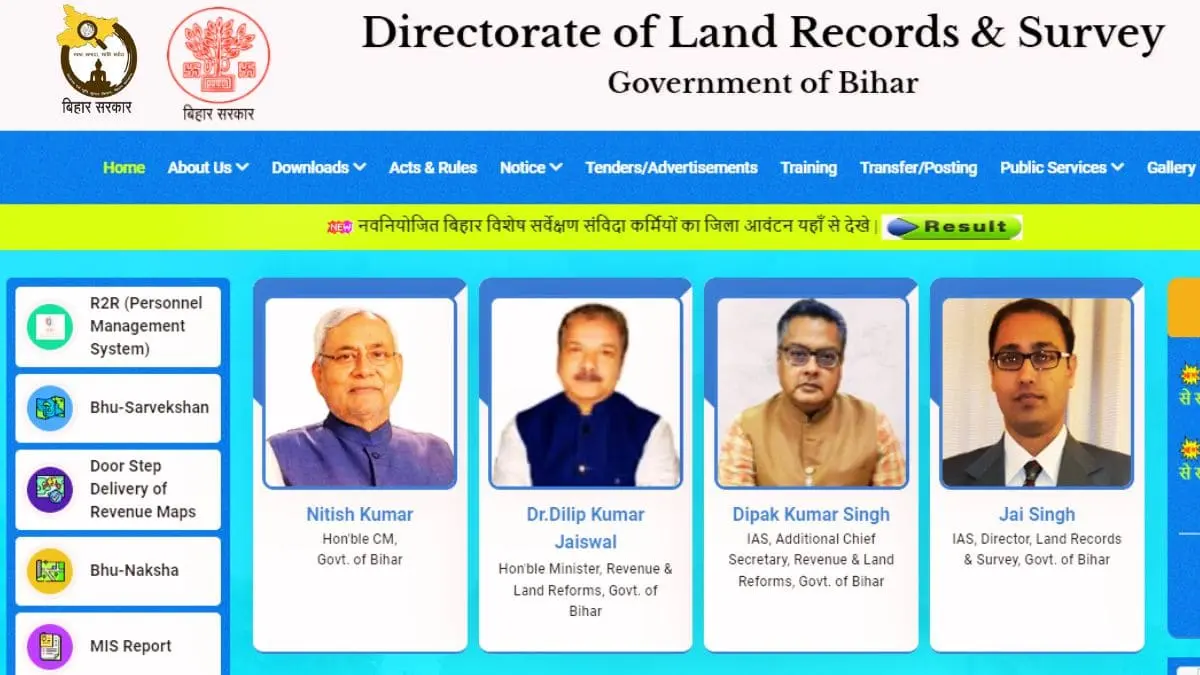Learn how to check registry of property in Delhi with this detailed guide. Follow our step-by-step instructions to verify property documents, ensure legal ownership, and avoid potential disputes. Perfect for property buyers and owners in Delhi.
How to Check Registry of Property in Delhi
Ensuring that a property is legally registered is a critical step in any real estate transaction. In Delhi, this process involves a series of meticulous steps to confirm the authenticity and legality of the property documents. If you are a potential buyer or an existing property owner, it is essential to know how to check the registry of property in Delhi. This comprehensive guide provides all the necessary details to help you navigate the property registry process smoothly.
Understanding Property Registration in Delhi
Property registration in Delhi is governed by the Delhi Land Registration Act, which mandates that all immovable property transactions must be registered to be legally recognized. The registration process ensures that the ownership of the property is transferred legally and transparently, protecting the rights of the buyer.
Why Property Registration is Important
Property registration serves as legal proof of ownership and prevents disputes related to property ownership. It also helps in maintaining a transparent and secure property market by documenting every transaction in the public domain. Registered property documents are essential for any future legal proceedings, obtaining loans, or selling the property.
Steps to Check Registry of Property in Delhi
1. Visit the Delhi Land Records Website
The first step in checking the registry of a property in Delhi is to visit the official Delhi Land Records website, also known as DLRC (Delhi Land Records Computerization). This website provides access to various services, including property registration, mutation, and land records.
Delhi Land Records Computerization Official ➤ Click Here
2. Access the Registered Deed Section
Once you are on the DLRC website, navigate to the “Registered Deed” section. This section allows you to search for registered property deeds by entering specific details about the property, such as the registration number, the name of the owner, or the property address.
3. Enter the Required Details
To search for the property registry, you need to enter the relevant details accurately. This includes the registration number of the property deed, the name of the property owner, and the exact address of the property. Make sure that the details you enter match the information on the property documents.
4. Verify the Property Documents
After entering the required details, the system will display the registered deed associated with the property. Carefully verify the details mentioned in the deed, such as the owner’s name, property dimensions, and the date of registration. This step is crucial to ensure that the property has been legally registered in your or the seller’s name.
5. Download and Print the Registered Deed
Once you have verified the property details, you can download and print the registered deed for your records. This document serves as legal proof of ownership and is essential for any future property-related transactions.
6. Cross-Check with the Sub-Registrar’s Office
In addition to checking the property registry online, it is advisable to visit the Sub-Registrar’s Office where the property was registered. Cross-checking the details with the records maintained at the Sub-Registrar’s Office ensures that the information you have obtained online is accurate and up-to-date.
Common Challenges in Property Registration
While the online process for checking the registry of a property in Delhi is straightforward, there can be challenges, especially if the property is old or has a complicated ownership history. Some common challenges include:
- Discrepancies in Property Details: Mismatched information between the online records and the physical documents can lead to confusion and potential legal issues.
- Unregistered Property Transactions: If a property transaction was not registered with the authorities, it may not appear in the official records, leading to legal complications.
- Encumbrances on Property: Properties with existing loans or legal disputes may have encumbrances that are not always immediately apparent in the online registry.
Resolving Discrepancies in Property Registry
If you encounter any discrepancies while checking the registry of a property in Delhi, it is important to resolve them promptly to avoid legal complications. Here are steps to take:
1. Contact the Sub-Registrar’s Office
If the property details on the DLRC website do not match your records, the first step is to contact the Sub-Registrar’s Office where the property was registered. They can provide you with the most up-to-date and accurate information.
2. Engage a Legal Expert
Property-related legal issues can be complex and may require professional assistance. Engaging a legal expert who specializes in property law can help you navigate the process and resolve any discrepancies in the property registry.
3. File for Rectification
If there are errors in the registered deed, you may need to file for a rectification deed with the Sub-Registrar’s Office. This process involves correcting the errors in the original deed and ensuring that the correct information is officially recorded.
Additional Tips for Property Buyers in Delhi
1. Conduct a Title Search
Before purchasing a property in Delhi, it is advisable to conduct a thorough title search to verify the legal ownership and history of the property. This search will reveal any previous owners, existing mortgages, or legal disputes associated with the property.
2. Obtain an Encumbrance Certificate
An encumbrance certificate is a crucial document that shows whether the property is free from legal or financial liabilities. Obtaining this certificate ensures that there are no hidden encumbrances on the property.
3. Verify Property Tax Receipts
Ensure that the property tax receipts are up-to-date and in the name of the seller. This step confirms that the seller has fulfilled all tax obligations related to the property.
4. Check Building Approvals
For constructed properties, it is essential to verify that the building has received all necessary approvals from the Delhi Development Authority (DDA) and other relevant authorities. This ensures that the property complies with all legal and regulatory requirements.
5. Consult with a Real Estate Agent
Working with a reputable real estate agent can simplify the process of checking the registry and verifying other property-related documents. A knowledgeable agent can guide you through the entire process and help you avoid potential pitfalls.
Conclusion
Checking the registry of a property in Delhi is a vital step in safeguarding your real estate investment. By following the steps outlined in this guide, you can ensure that the property you intend to purchase or currently own is legally registered and free from any encumbrances. Always remember to cross-check the information with the Sub-Registrar’s Office and seek legal advice if needed. A thorough verification process will protect your interests and provide peace of mind in your property transactions.

